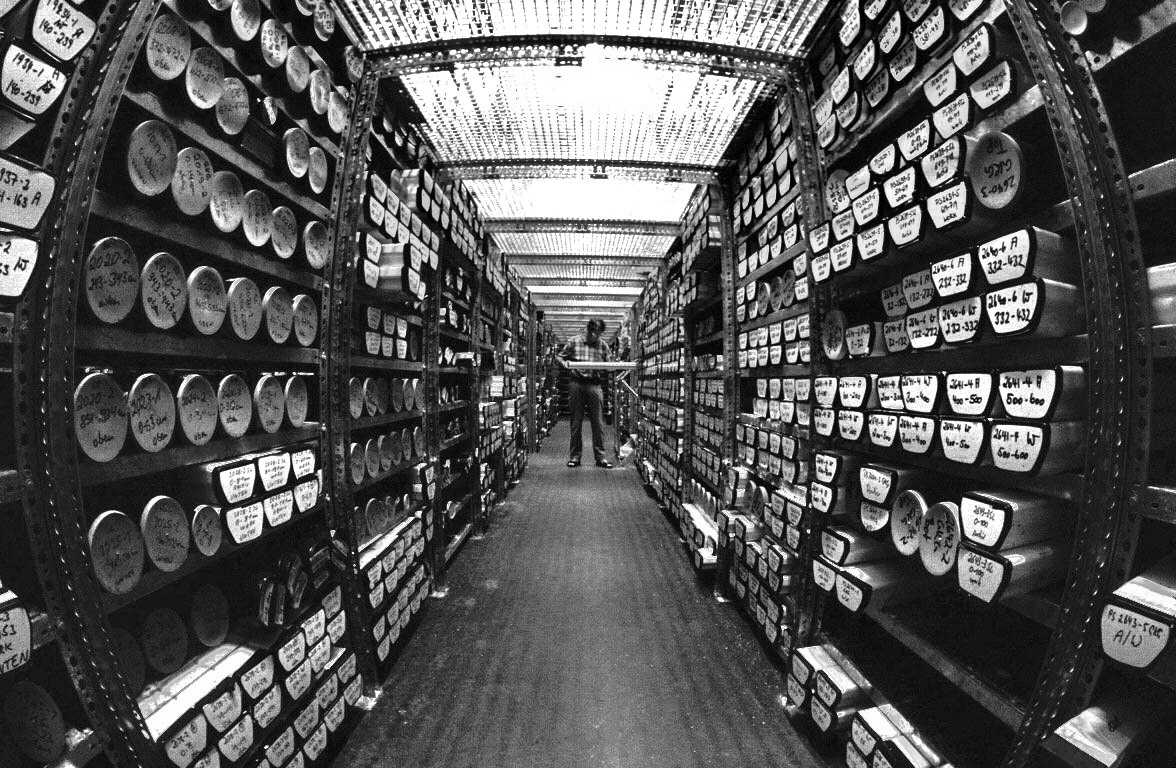
PanLex Looking for Endangered Language Digital Detectives

Every word
The PanLex project aims to translate every word from every language into every other language. We already have solid groundwork with 10,000 language varieties and 22 million expressions in the PanLex database, but we still have a long way to go, especially with the more obscure and under-documented languages of the world which are most susceptible to extinction. Ethnologue: Languages of the World explains:
Language endangerment is a serious concern to which linguists and language planners have turned their attention in the last several decades. For a variety of reasons, speakers of many smaller, less dominant languages stop using their heritage language and begin using another.… As a consequence there may be no speakers who use the [heritage] language as their first or primary language and eventually the language may no longer be used at all…. Languages which have not been adequately documented disappear altogether.
In light of the fragile situation facing many smaller languages, PanLex is in a hurry to track down existing data on them, and we’d love to get some help from the larger Long Now community.
Digital detectives
We are looking for some intrepid, word-loving, puzzle-solving language sleuths who can help us search for words in some of the world’s most obscure languages. Do you love a challenge? Are you a brave armchair world traveler? Can you defy the needle-in-haystack odds? Let us send you a list of five little-known languages to search on the Internet using your best cyber-snooping creativity. You’ll think of places to hunt that we haven’t. Find a dictionary, glossary, or sociolinguistic research paper with a word list in the appendix. Check social media, booksellers, and library catalogs. Tweet your followers. If you find something, you’ll simply email us the URL or the publication info and we’ll take it from there.
What your research will do
You’ll be our springboard towards gathering words in more than 2,000 languages still needed in our database, shoring up the most neglected and least documented in the world. Indigenous communities, researchers, translators, students, and linguists will have online access to this valuable data. Increased visibility and accessibility of these languages allows the stakeholders to develop their projects in the directions they choose, be it research, education, or language revitalization. Pressure may be relieved on some smaller communities who are in danger of abandoning their mother tongue in favor of a politically dominant language. Your efforts support long-term preservation of linguistic diversity, accessibility of data, and ultimately improved communication. Plus, you may gather an esoteric name or two to complete your next high-brow crossword puzzle.
Getting technical
If you prefer, we can also use some help on the technical side:
- designing apps and interfaces
- localization tools
- mobile apps
- graph visualizations
- adding links to other linguistic or geographic databases
- investigating translation inference algorithms

We’d love to hear from you
Contact us at anderson@panlex.org to volunteer, your support will be greatly appreciated!
Join our newsletter for the latest in long-term thinking
Subscribe